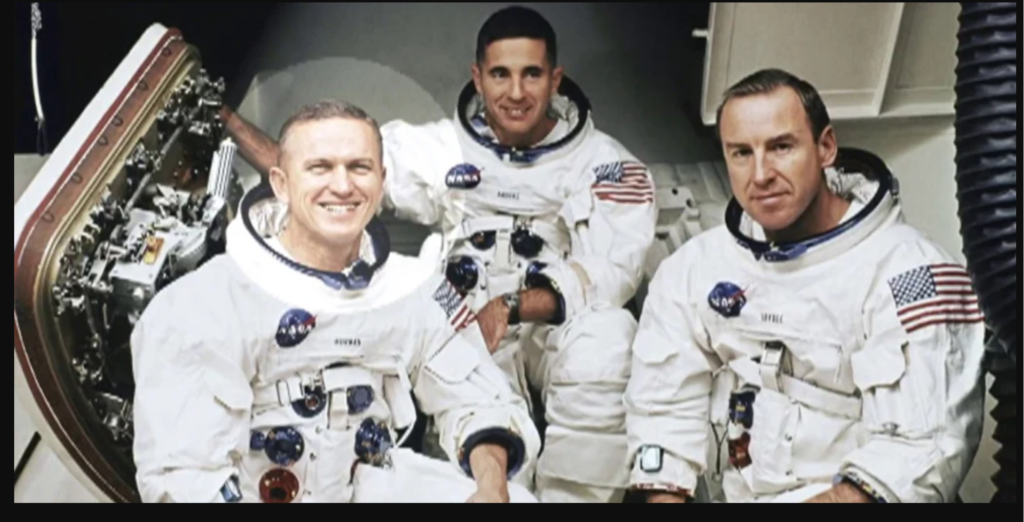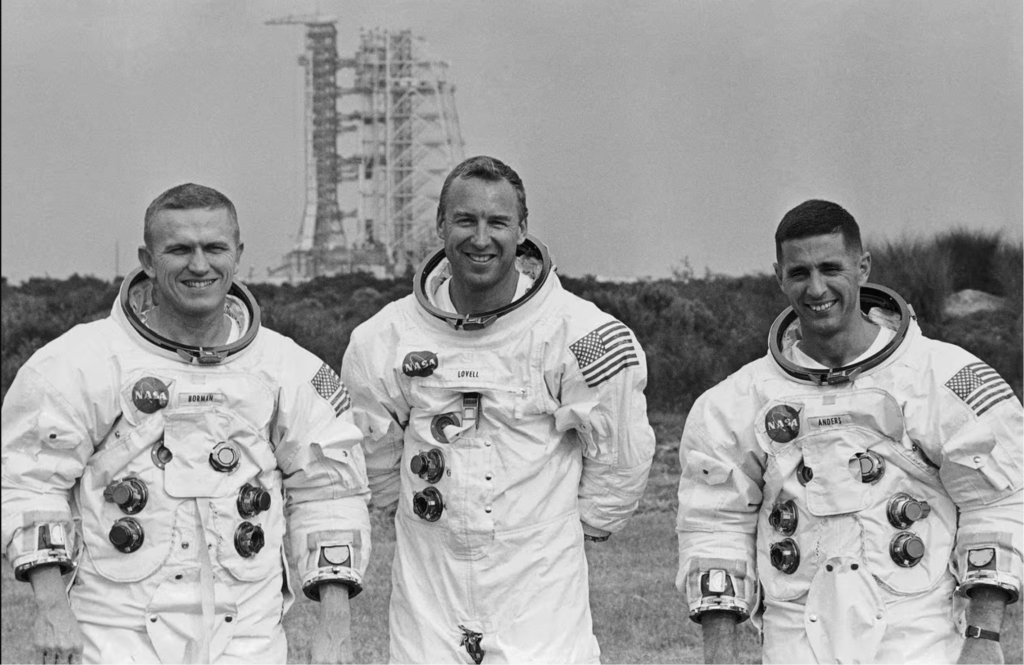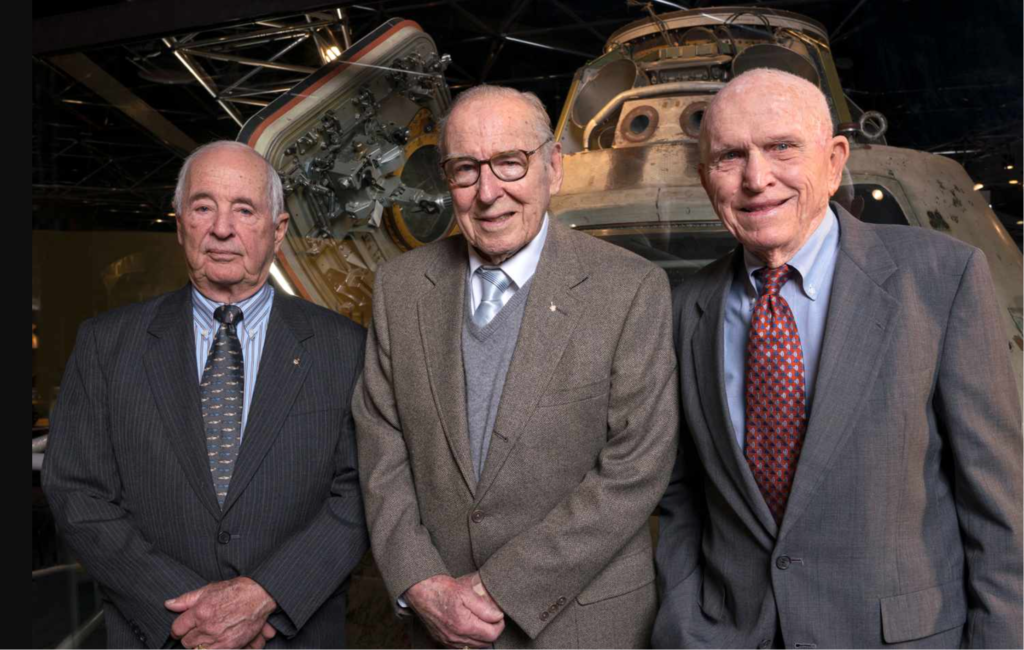Frank Borman the commander of the first mission to fly around the Moon and one of the most celebrated astronauts in history, passed away on November 7, 2023, at the age of 95. He died peacefully at his home in Billings, Montana, surrounded by his family and friends.
Early Life and Astronautical Journey : Frank Borman
Frank Borman was born on March 14, 1928, in Gary, Indiana. He graduated from the United States Military Academy at West Point in 1950, and joined the United States Air Force as a fighter pilot. He served in the Philippines during the Korean War, and later earned a master’s degree in aeronautical engineering from the California Institute of Technology. He became a test pilot and an instructor at the Aerospace Research Pilot School, where he trained future astronauts.

Also read : Scientists Develop Stronger, Stretchier, Self-Healing Plastic
In 1962, Frank Borman was selected as one of the second group of NASA astronauts, known as the Next Nine. He flew his first space mission in 1966, as the commander of Gemini 7, a 14-day endurance flight that set a new record for the longest human spaceflight at the time. He also performed the first orbital rendezvous with Gemini 6, piloted by his friend and fellow astronaut Wally Schirra.
Commander of Apollo 8: A Historic First
Borman’s most famous mission was Apollo 8, the first manned flight to the Moon, in December 1968. Along with his crewmates Jim Lovell and Bill Anders, Borman became one of the first humans to see the far side of the Moon, and the first to witness the Earth rising over the lunar horizon. The crew also broadcast a live television message on Christmas Eve, reading from the Book of Genesis to the millions of people watching on Earth. The mission was a historic achievement that boosted the morale of the nation and the world during a turbulent year marked by war, violence, and social unrest.

Borman received the Congressional Space Medal of Honor, the highest honor for a space explorer, for his role in Apollo 8. He also received numerous other awards and honors, including the Distinguished Flying Cross, the Air Force Distinguished Service Medal, the Legion of Merit, and the NASA Distinguished Service Medal. He was inducted into the International Space Hall of Fame, the U.S. Astronaut Hall of Fame, and the National Aviation Hall of Fame.
A Visionary Leader and Advocate
After Apollo 8, Borman retired from NASA and the Air Force in 1970, and became the senior vice president of operations at Eastern Air Lines. He rose to become the chief executive officer and the chairman of the board of the company, and led it through a period of growth and profitability. However, he also faced challenges and conflicts with labor unions, regulators, and competitors, and resigned in 1986 amid financial difficulties and strikes.

Borman moved to Las Cruces, New Mexico, where he ran a Ford dealership with his son, Fred. He also remained active in various civic and charitable causes, such as the Boy Scouts of America, the Rotary Club, and the Salvation Army. He was a devout Christian and a supporter of conservative political candidates and causes. He was married to his wife, Susan, for 68 years, until her death in 2018. He is survived by his two sons, Fred and Edwin, and four grandchildren.
Borman will be remembered as a hero of the American space program, a pioneer of lunar exploration, and a leader in the aviation industry. He was a man of courage, faith, and integrity, who inspired generations of people to reach for the stars and beyond. He was a true legend of the space age, and his legacy will live on in the annals of history
Conclusion: A Cosmic Navigator’s Lasting Impact
In the tapestry of space exploration, Frank Borman’s name is woven into the fabric of cosmic history. From the historic orbit of the Moon aboard Apollo 8 to his later endeavors in environmental advocacy and education, Borman’s journey exemplifies the boundless possibilities that await those who venture into the unknown. As we bid farewell to this cosmic navigator, we celebrate not only the achievements of a space pioneer but also the enduring legacy of a man who aimed for the stars and, in doing so, left an everlasting imprint on the trajectory of human exploration. Frank Borman’s odyssey continues to inspire, reminding us that the spirit of exploration knows no bounds and that the echoes of his cosmic journey will resonate for generations to come.
Also read : Sperm’s Surprising Twist: Breaking Newton’s Third Law Of Motion




































